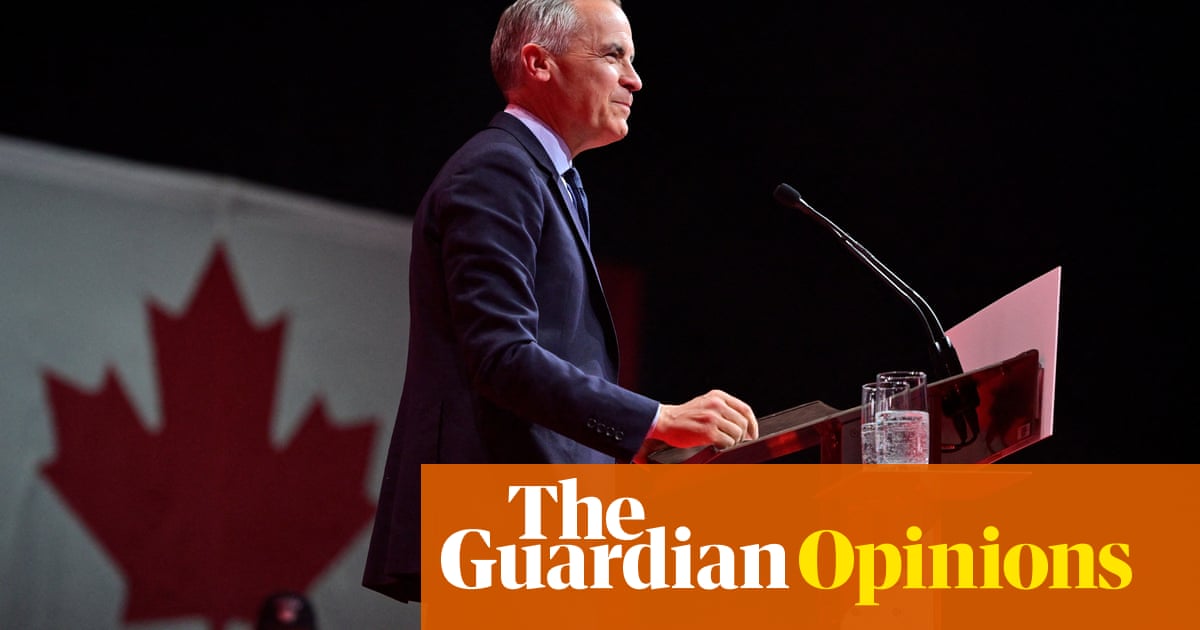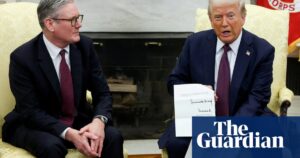
Canada’s astounding election comeback by the Liberals will hearten many outside its borders as well as within. The governing party’s Lazarus moment was sparked by a man who was not on the ballot – though he took the chance to reiterate that the country should become the 51st US state, implying that voters could then elect him.
By then it was already clear that Donald Trump’s threats had backfired. Monday’s result was a clear repudiation of his agenda. For two years, the Conservatives’ Pierre Poilievre looked like a dead cert as the next prime minister, assailing Justin Trudeau’s government on issues including the cost of living, housing and immigration. His party built a 25-point lead. But within four months, Mr Trudeau’s resignation, his warning that Mr Trump’s “51st state” remarks were no joke, and the imposition of swingeing US tariffs, transformed the contest. Mr Poilievre lost his seat. The Liberals are embarking on a fourth term, though this time perhaps as a minority, under Mr Trudeau’s replacement Mark Carney.
Mr Trump made Canada’s political and economic sovereignty the central issue. Mr Carney, a member of Mr Trump’s despised global liberal elite, pitched himself as the man for a crisis: an experienced technocrat from outside politics who guided Canada’s central bank through the great recession, and the UK’s through Brexit.
Both Mr Poilievre and Mr Trump said that the Conservative leader was not Maga material. But he certainly appeared Maga-adjacent, moving further right and building an energetic base by embracing culture wars and attacking “wokeism”, pledging “jail not bail” and promising to cut international aid and defund the national broadcaster.
His defeat was effected primarily by other parties’ supporters resolving to unite around the Liberals. The leftwing New Democrats lost around two-thirds of their seats, including that of their leader Jagmeet Singh, who has resigned – though they have retained enough to ensure a progressive majority in parliament. The Bloc Québécois saw a smaller fall, as Mr Trump’s aggression overshadowed separatist aspirations. But Conservative support actually rose. For the first time in almost a century, Canada’s two main parties each got over 40% of the vote.
Mr Carney has plenty to celebrate, but limited room for manoeuvre over difficult terrain: “President Trump is trying to break us so America can own us,” he warned in his victory speech. He knows that Mr Trump takes advantage of perceived weakness. But the US president also nurses grievances. Mr Carney has promised to work more closely with allies in Europe and Asia. His diplomatic experience and international contact book will help.
The external economic threat and internal cost of living crisis are inseparable. This campaign, thanks to Mr Trump, put the nation centre stage. But as prime minister, Mr Carney will also need to address society, and tackle the kind of underlying problems that have led to the triumph of Mr Trump and like-minded politicians elsewhere. He has promised to double housebuilding and create hundreds of thousands of skilled jobs, and wants to eliminate internal trade barriers. Opponents may well retort that Liberals have had three terms to realise their vision.
Other politicians should be cautious about drawing lessons from this very particular contest. Canada faces a unique threat from the US, though it has economic leverage as well as vulnerability. This is, nonetheless, a welcome rebuff to American bellicosity and rejection of rightwing populism.
-
Do you have an opinion on the issues raised in this article? If you would like to submit a response of up to 300 words by email to be considered for publication in our letters section, please click here.








